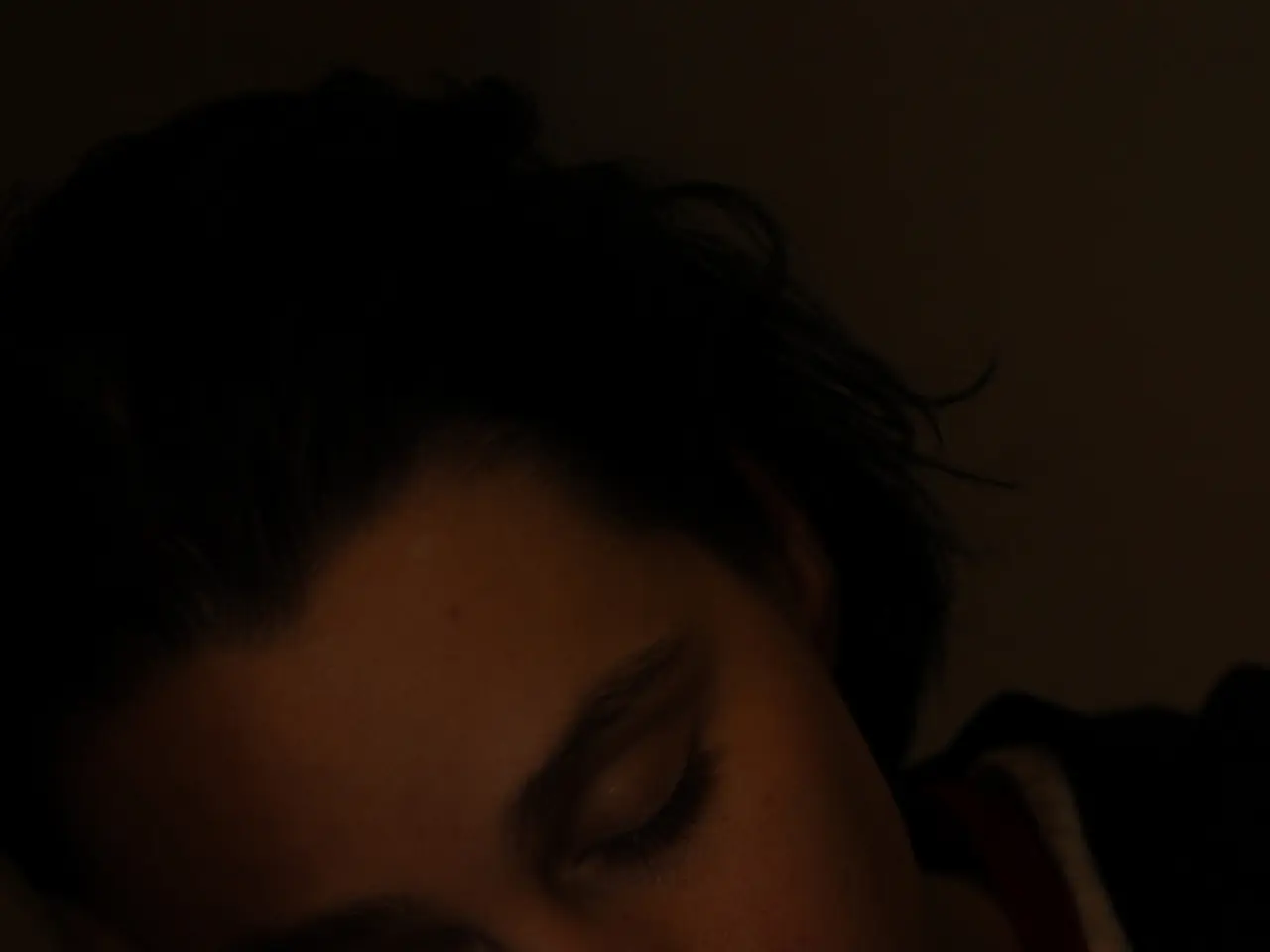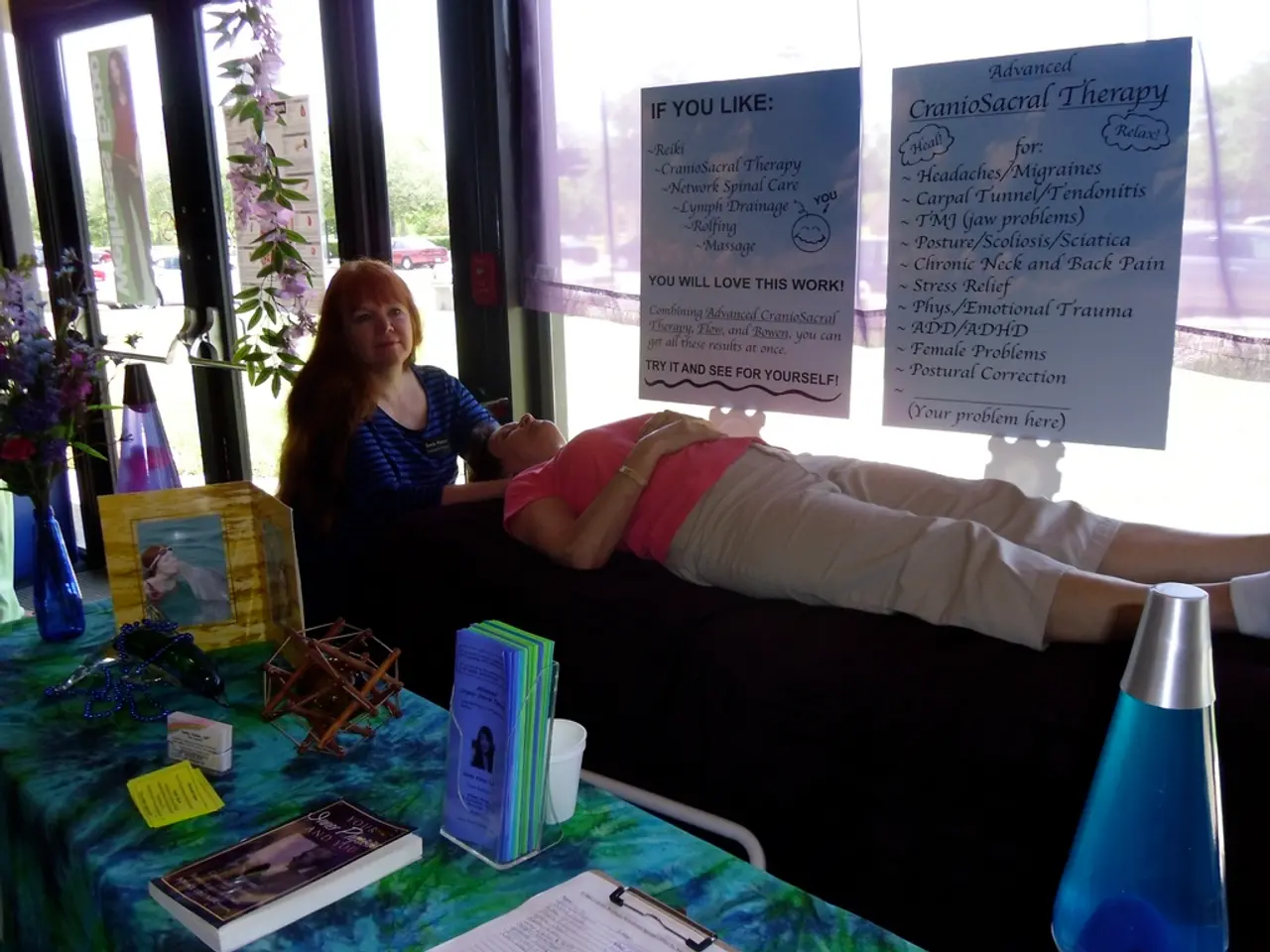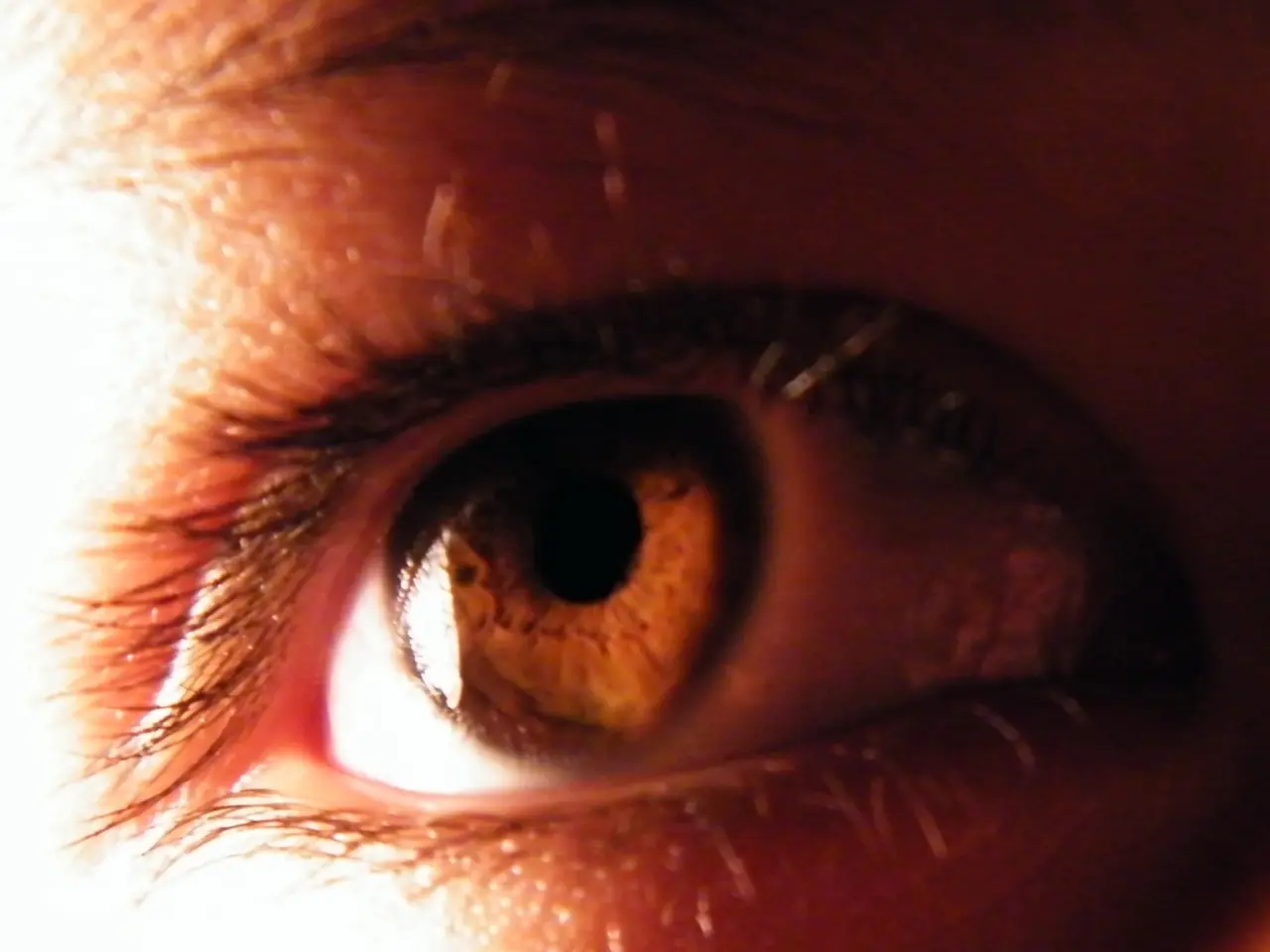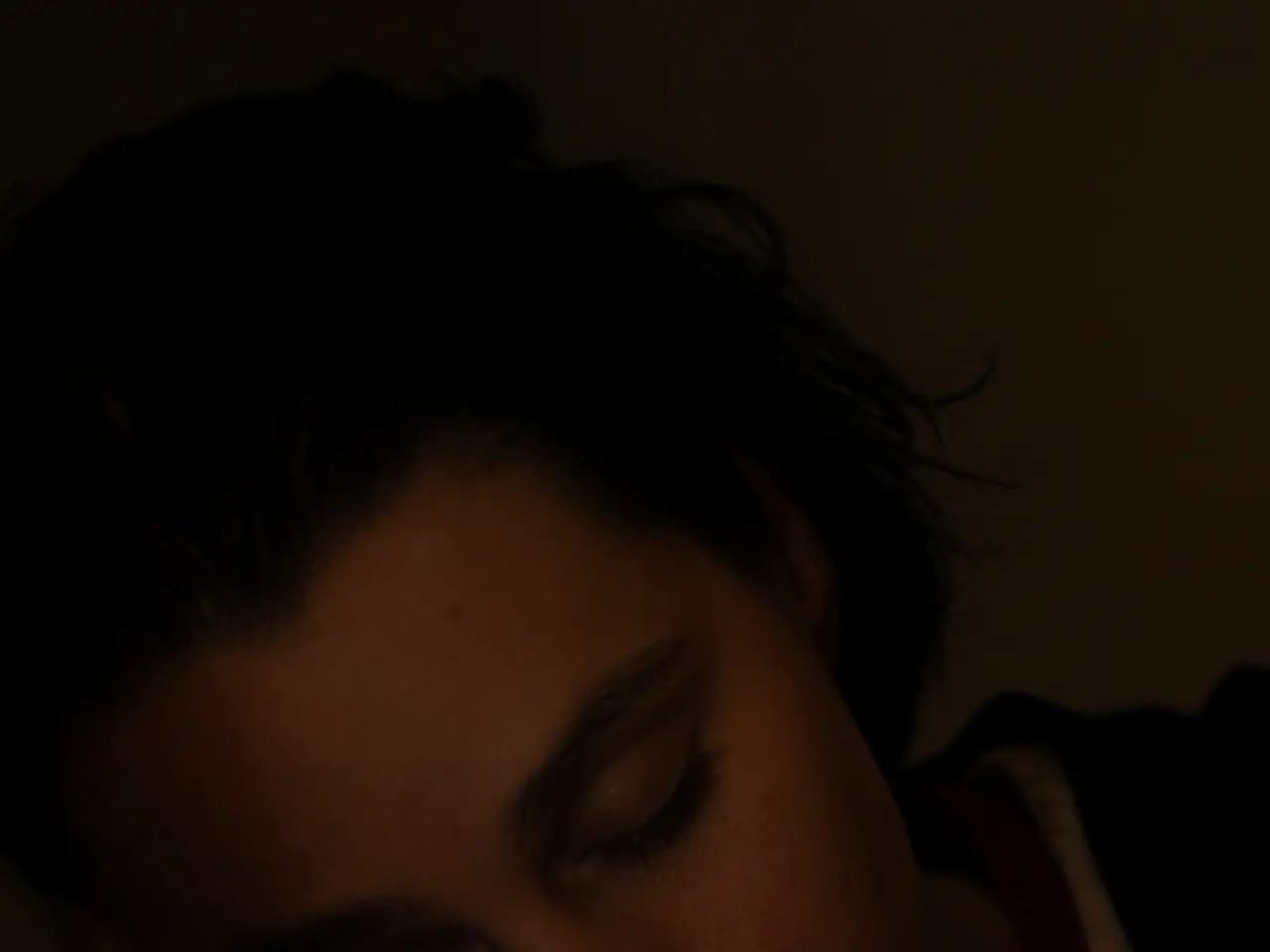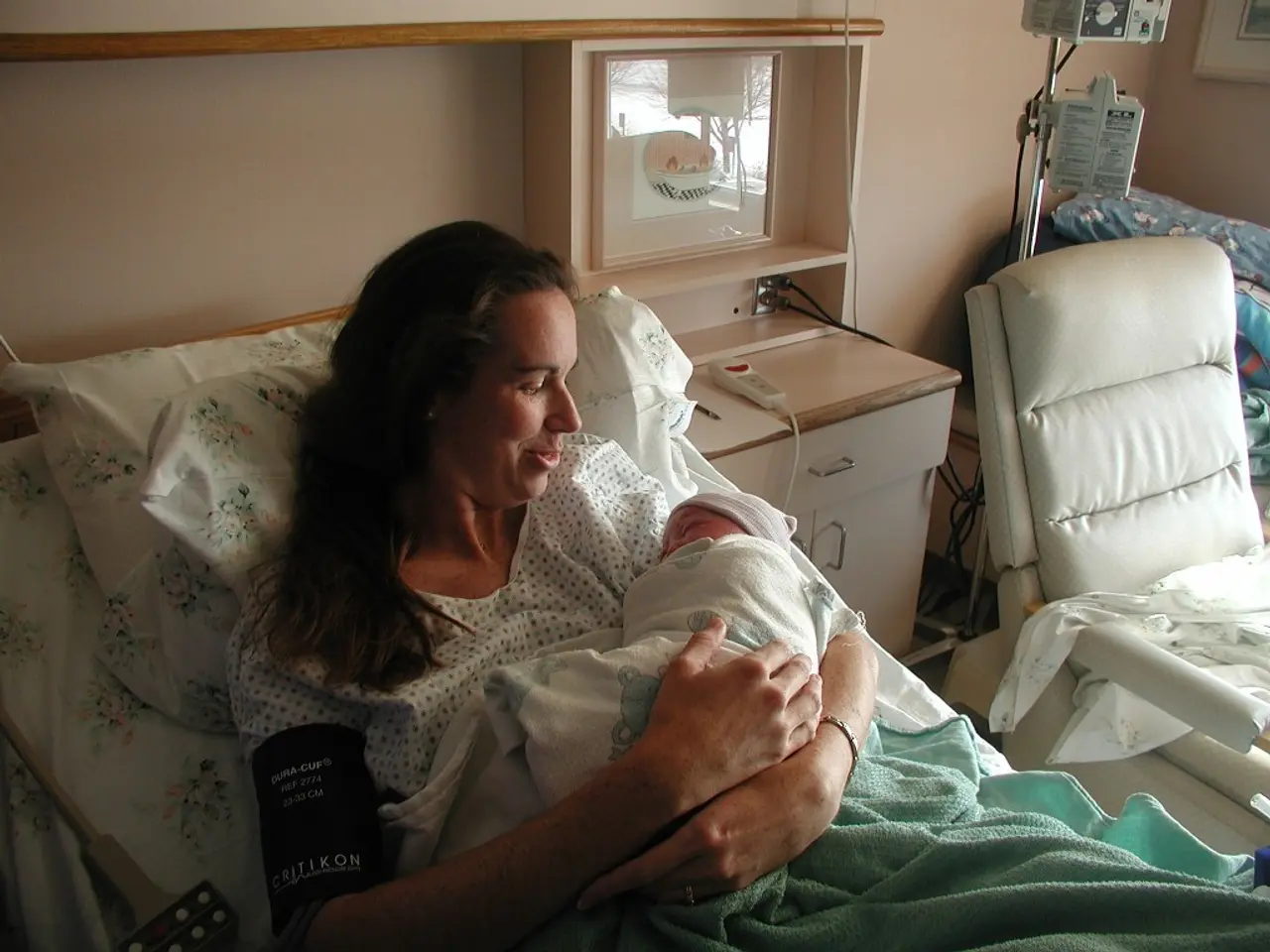Struggling with Rejection in Individuals with High-Functioning Autism Spectrum Disorder
High-functioning autistic individuals often grapple with significant social challenges despite their relative independence in life skills. A term commonly used to describe these individuals, "high-functioning," has been criticized as it diminishes the true struggles they face, as well as overshadowing the strengths of those labeled "low-functioning."
Many of these individuals describe feeling greater loneliness and peer bullying compared to their neurotypical counterparts. In friendships, romantic relationships, and professional settings, they often encounter exclusion, misunderstandings, and ridicule. These rejections can lead to anxiety, depression, loneliness, low self-esteem, and emotional dysregulation.
Strategies to help these individuals cope with these challenges include various therapeutic approaches such as Cognitive Behavioral Therapy (CBT), mindfulness, and psychotherapy. Self-help techniques, physical activity, self-compassion, and engaging in structured routines are also effective in mitigating the effects of rejection.
Being labeled "high-functioning" often results in an increased emotional response to perceived or actual rejection - a condition known as rejection sensitivity. This can manifest as intense emotional pain, anxiety, and avoidance of social situations.
In friendships and peer social life, autistic communication differences can lead to misunderstandings, causing peers to perceive enthusiasm as "intense" and withdraw. This results in feelings of isolation, exclusion, and bullying. Misunderstandings can abruptly end friendships, leaving autistic individuals baffled and hurt. Past rejections create emotional scars, leading to wariness of new connections or clinging to unhealthy relationships.
In romantic relationships and dating, navigating unspoken dating rules and social cues is particularly challenging for autistic individuals and often leads to repeated rejections. Miscommunications can cause emotional distancing and breakups, with autistic partners being misread and their expressions of affection misunderstood. Partner and family rejection, as well as societal stereotypes in dating, further add to the challenges faced by autistic individuals looking for love.
In the workplace, rejection and exclusion often result in feelings of isolation and job dissatisfaction. Autistic adults can face bullying, mockery, and dismissal of their contributions, leading to severe emotional distress and even job loss. Social bias and discrimination also pose significant challenges, and fear of discrimination often leads some autistic individuals to conceal their diagnosis.
Social rejection can deeply affect the mental health of autistic individuals, even those labeled "high-functioning." Intense social anxiety, depression, loneliness, low self-esteem, and emotional dysregulation are common consequences of rejection.
The stress of rejection can make it harder for autistic individuals to manage their emotions, causing episodes of intense anger, sadness, or meltdown after being left out or criticized. Studies of rejection sensitivity dysphoria note that perceived rejection may trigger emotional outbursts or shutdowns as well as feelings of hopelessness.
Some individuals cope by withdrawing entirely from social situations to avoid further hurt, while others may become highly sensitive to any feedback, struggling to distinguish constructive criticism from true rejection. Over time, the constant emotional turmoil can be exhausting, leading to fatigue and burnout.
While social rejection can be painful, there are several coping strategies and interventions that can help autistic individuals manage the emotional fallout and improve their social success over time. The goal of coping strategies is twofold: to reduce the emotional distress caused by rejection and to build skills and supports that make rejection less frequent and less damaging.
Therapeutic Approaches
Professional therapy can provide targeted help for dealing with rejection, anxiety, and depression. Some effective therapeutic approaches include Cognitive-Behavioral Therapy (CBT), mindfulness-based therapies, counseling and psychotherapy, addressing trauma, and trauma-informed CBT. Some neurodiversity-affirming therapists can help build self-esteem and manage triggers.
Self-help Techniques
Autistic individuals can also employ various self-help techniques to manage rejection and build emotional resilience. These strategies complement therapeutic work and can be practiced independently:
- Mindfulness and Relaxation Practices: Engaging in regular mindfulness exercises, such as deep breathing, progressive muscle relaxation, and sensory activities like soothing music, pet interactions, or fun games can release tension.
- Journaling and Emotional Expression: Writing provides a powerful tool for processing emotions. After social distress, journaling allows structured processing to describe what happened, resulting feelings, and possible causes. Journals can help reveal emotional patterns and growth over time.
- Physical Activity and Exercise: Regular exercise serves multiple purposes, reducing stress, improving mood, and burning nervous energy. Walking, running, swimming, or dancing release endorphins and provide social opportunities in low-pressure environments.
- Self-Compassion and Positive Self-Talk: Rather than harsh self-criticism after rejection, practice responding with empathy and positive self-talk. Developing a robust self-worth acts as protection against rejection.
- Structured Routines and Hobbies: Maintaining daily routines brings stability during emotional turbulence and provides predictable structure when social relationships feel uncertain. Personal interests can become avenues for more comfortable social connections through online forums or interest-based clubs.
- The mental health of high-functioning autistic individuals can be significantly impacted by social rejection, leading to feelings of intense social anxiety, depression, loneliness, and emotional dysregulation.
- The stress of rejection can exacerbate the emotional response to perceived or actual rejection, a condition known as rejection sensitivity.
- Misunderstandings in communication can lead to feelings of isolation, exclusion, and bullying in friendships and peer social settings.
- In romantic relationships and dating, autistic individuals often face challenges due to their inability to navigate unspoken dating rules and social cues.
- In the workplace, rejection and exclusion can result in feelings of isolation, job dissatisfaction, and even job loss.
- Some individuals cope with rejection by withdrawing from social situations, while others may become highly sensitive to any feedback.
- Professional therapy, such as Cognitive-Behavioral Therapy (CBT), mindfulness-based therapies, and counseling can provide targeted help for dealing with rejection, anxiety, and depression.
- Self-help techniques like mindfulness and relaxation practices, journaling, physical activity, self-compassion, and structured routines can help manage rejection and build emotional resilience.
- Developing a robust self-worth acts as protection against rejection and can be fostered through positive self-talk.
- Maintaining daily routines and engaging in personal interests can provide stability during emotional turmoil and offer avenues for more comfortable social connections.
- Perceived rejection may trigger emotional outbursts or shutdowns as well as feelings of hopelessness.
- Research on rejection sensitivity dysphoria reveals that the emotional fallout from rejection can be exhausting, leading to fatigue and burnout.
- Fear of discrimination often leads some autistic individuals to conceal their diagnosis in the workplace, adding to the challenges they face.



